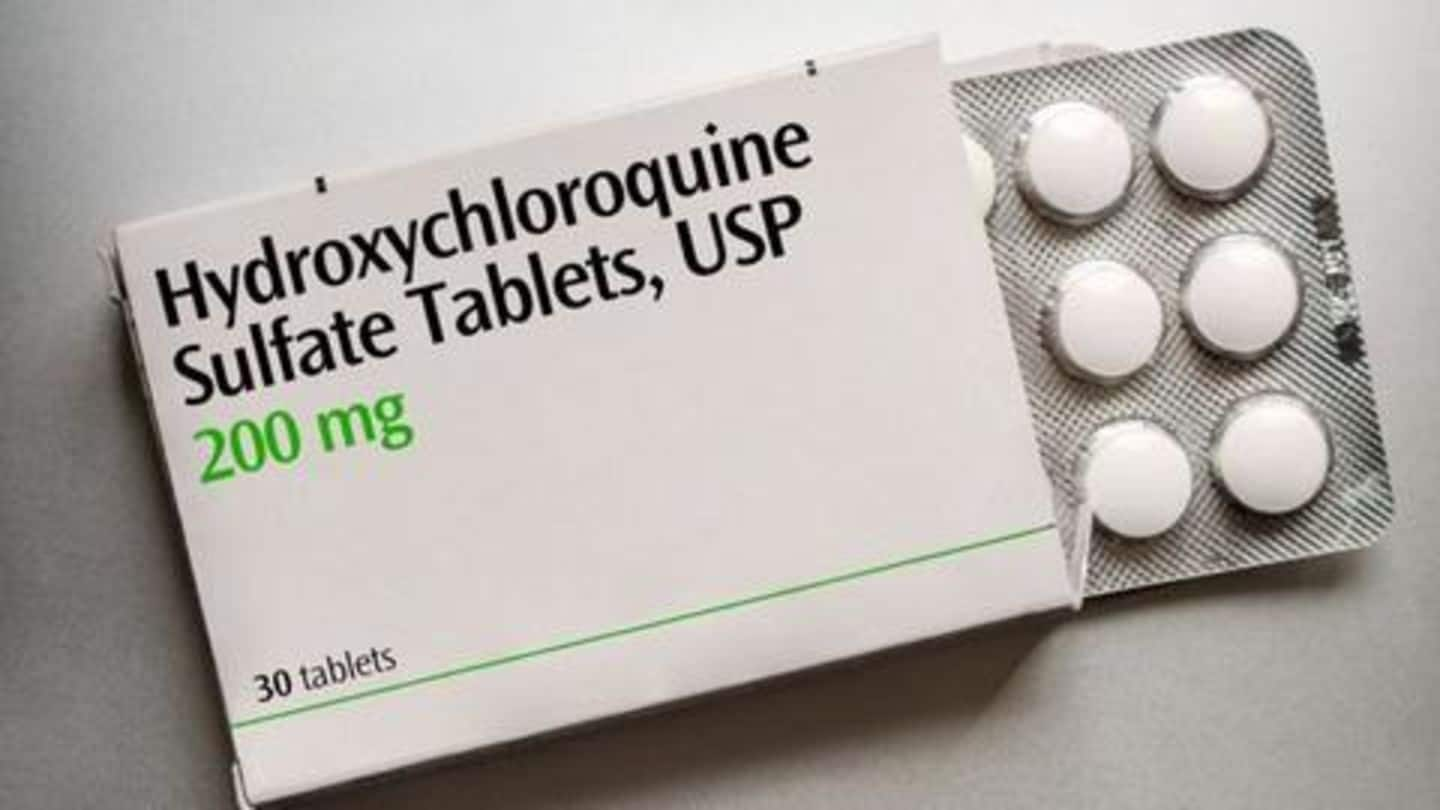
COVID-19: ICMR defends Hydroxychloroquine's use after WHO halts trials
What's the story
Hours after the World Health Organization (WHO) suspended all ongoing trials of anti-malaria drug Hydroxychloroquine over safety concerns, the Indian Council of Medical Research (ICMR) has defended its use.
The apex health body, which has been leading India's fight against coronavirus, has said that the drug has 'no major side-effects' and its use should be continued.
Here's more about it.
Response
No major side-effects found in studies in India
In Health Ministry's daily press briefing, ICMR clarified observational studies carried out in the past few weeks and case-control studies have shown that Hydroxychloroquine may indeed be effective.
"No major side-effects of HCQ found in studies in India," the council said, adding that "its use should be continued as [a] preventive treatment for COVID-19."
The only side-effects were nausea and occasional palpitations, per ICMR.
Requirements
We recommended its use for COVID-19 prevention, under medical supervision
ICMR Director-General Dr. Balram Bhargava said Hydroxychloroquine was recommended based on in-vitro studies that showed it had antiviral activity.
"We thought it might be [a] useful drug for [the] prevention of COVID-19 and taking the biological plausibility, the in-vitro data, and the availability and safety of this drug, we recommended it as empiric use under strict medical supervision," Dr. Bhargava said during the briefing.
Information
Plus, it has to be taken with food
Bhargava reiterated that the council has clearly said that the drug's use should be continued for prophylaxis (COVID-19 prevention) and it should be taken with food, not on an empty stomach. One ECG should also be done during the treatment.
Trials
WHO halted Hydroxychloroquine trials following study by Lancet
While India will continue the use of Hydroxychloroquine, other nations will not conduct trials until further notice from WHO.
The UN agency suspended the solidarity trials of the drug after a study, published in The Lancet, said the drug has no benefit in treating/curing COVID-19 patients and might even increase the risk of dying for those who are critically ill due to it.
Review
A safety assessment will be carried out
Now, WHO will conduct a review of the data collected so far in the Solidarity Trials to determine Hydroxychloroquine's potential benefits, harms.
Then, if the data warrants, the tests might be resumed, said Mike Ryan, WHO's Head of Health Emergencies program.
He added, "There's no signals from the trials that indicate any problem and the decision was made out of an 'abundance of caution'."